Chelsea Turner, Haub School Student Stories
December, 2023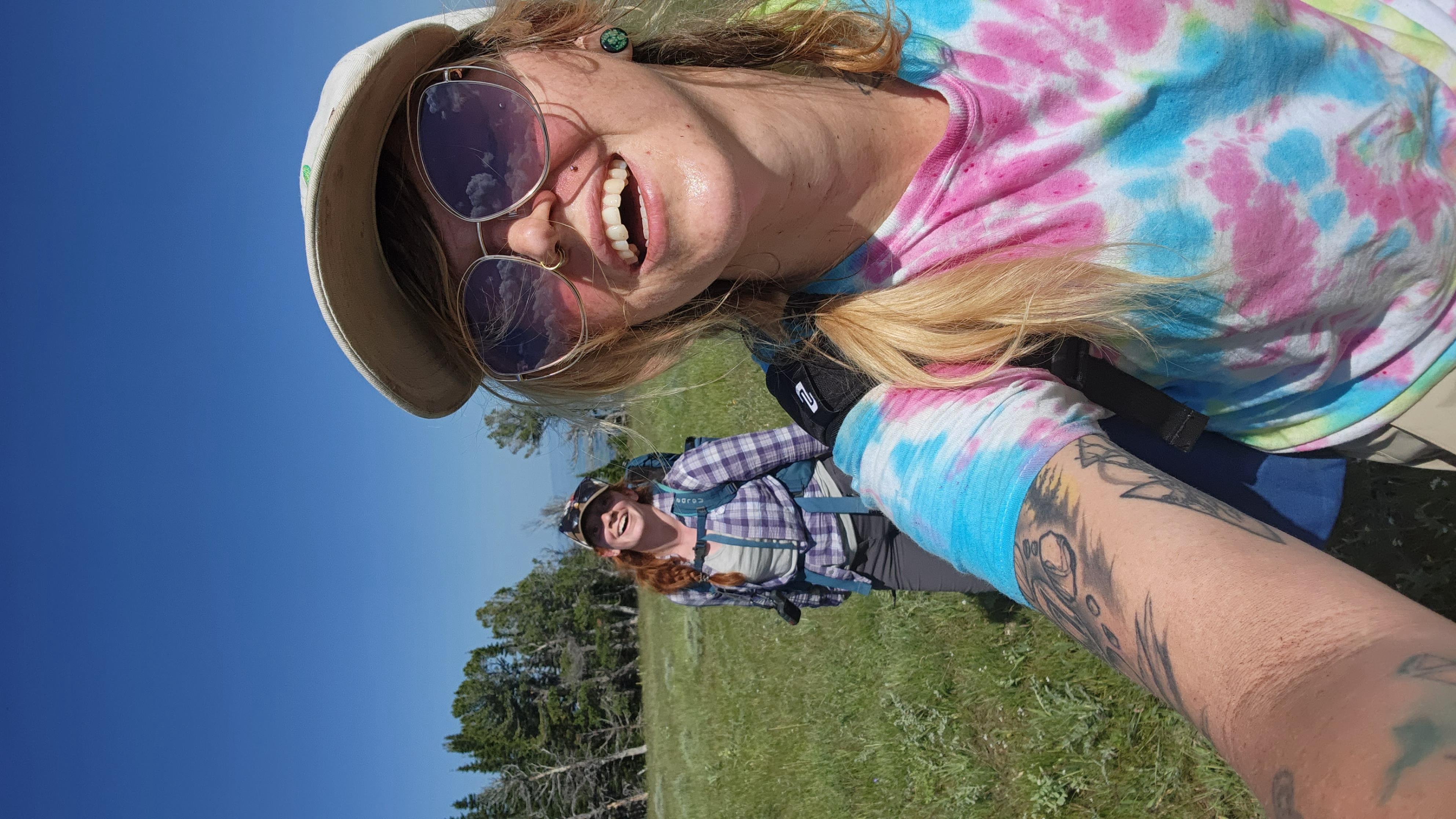
Chelsea-Victoria Turner
Research and Creative Activities Grant Recipient
This grant, offered twice each year, is available to undergraduate and graduate students to support student research or creative activities related to the environment or natural resources. All current UW students engaged in ENR related work will be considered. The award amounts to up to $1,000 per student.
Chelsea is also a recipient of the Udall Scholarship, one of 55 people nationwide to recieve the award.
Degree: BS Plant Production and Protection, concentration in Agroecology, with minors in Botany and Soil Science
Hometown: Cheyenne, WY
Experience: Floristics Research Project
Experience Title: Project Lead
Locations:
Bighorn National Forest June 10-August 16
Rocky Mountain Herbarium in Laramie, WY, August-Current
Overview:
“I was able to develop a research project based on the hypothesis presented by Morelli et. al that there may be pockets of climate change refugia areas contained within mountain ranges. Once the project outline was solidly developed, I was able to dip into the art of grant writing to secure funding for the expenses of the project. I have been able to fund everything for the project through grants. I was able to hike to beautiful locations to collect specimens with other plant people. One location required us to hike seven miles to the location at an elevation of around 11000ft to a beautiful emerald lake. Since I was with extremely knowledgeable Ph.D. students, I was able to learn and identify several more plant species. I was even able to teach them a few too. Now, I am sorting all the plants we collected which have now been dried into family. This is the beginning of getting specimens ID’d down to species."
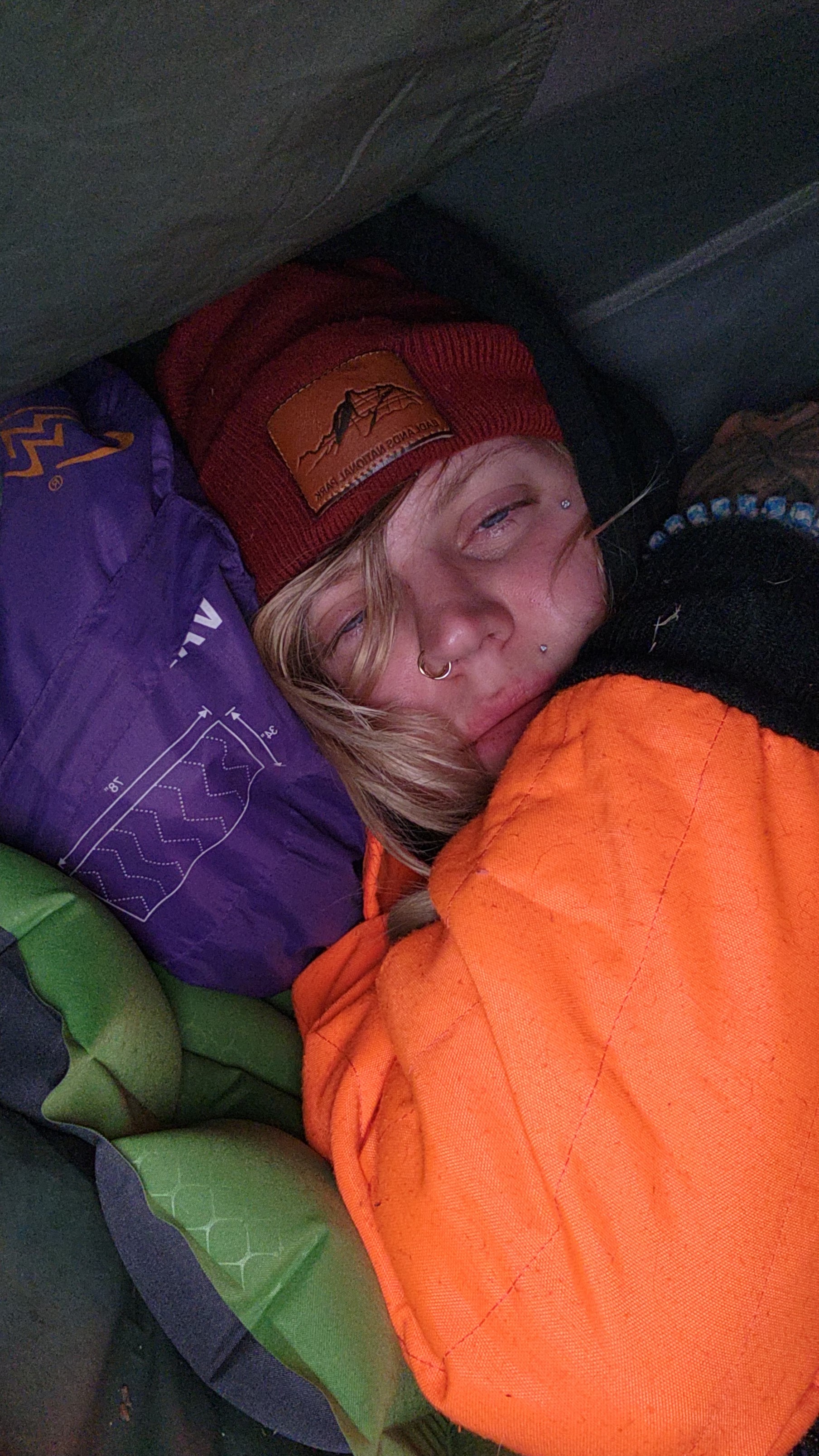
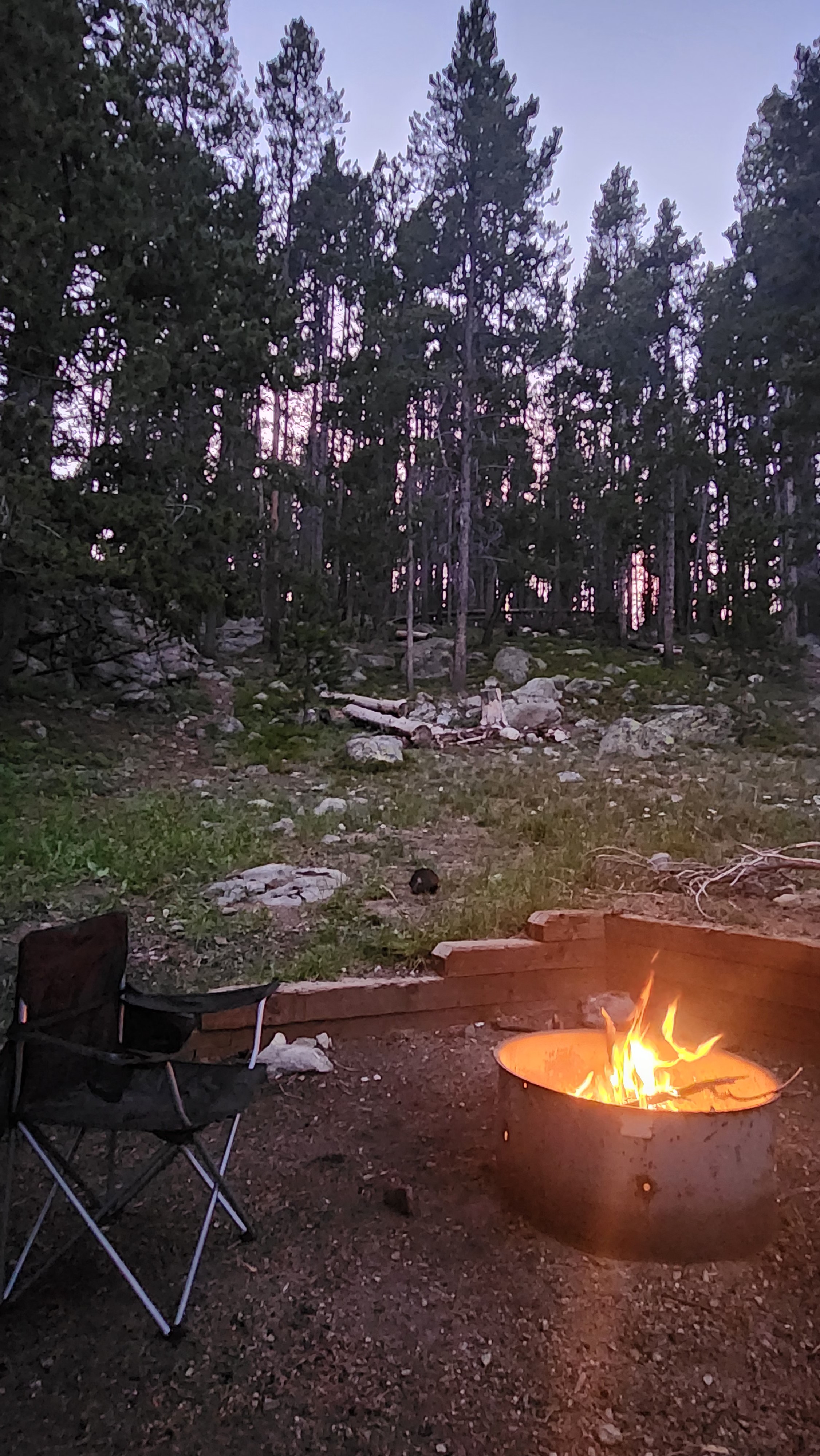
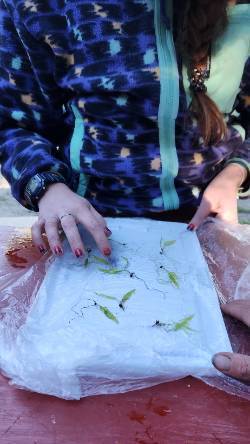
What skills, attitudes, or behaviors did you develop through this opportunity that you will be able to use in the future?
"I learned field skills. I learned how to properly pack a hiking backpack, what to pack, safety precautions for food and campsite management, how to purify water, how to interact with wildlife, and what a day is like with no one else around. I am so grateful for this experience and the comfort I was able to find in reverence for nature. I learned where I can trust myself in the backcountry, but also about how I can grow and do things better."
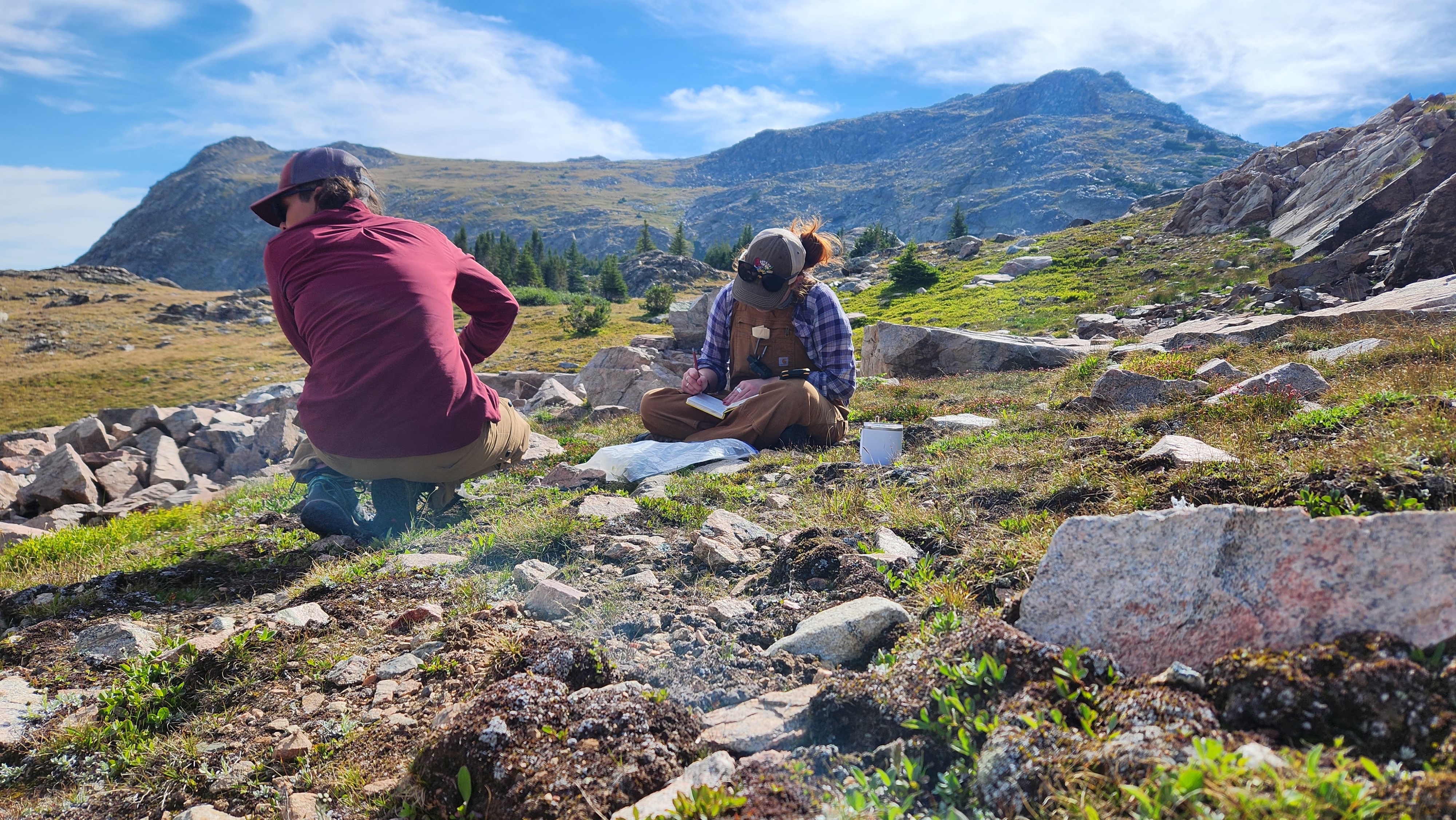
Describe your main duties and responsibilities.
"This project was suggested to me by Dr. David Tank. Once he proposed the idea, it was up to me to read the paper he sent, do my own research on the topic of climate change refugia, and determine how to use previously collected herbaria data as claims for a potential climate refugia area. The challenge was finding locations that met the criteria of being 40 years old with at least 50 specimens in the collection that were topographically in climate change refugia areas as specified by Morelli et. al. Once locations were secured, I determined the dates collections would need to take place. When it was time to collect specimens, I had the assistance of two graduate students from Dr. Tank’s lab who taught me how to properly collect specimens for herbarium collections. I am now sorting the dried specimens into family which will further be sorted into genus and then species."
Describe the most important skills you have developed during this experience: what are they and how did you develop them?
"I learned (and am learning) how to collect large amounts of herbarium specimens, and the procedures which are required to process a specimen through the herbarium. I was taught how to collect in the field by the other students in Dr. Tank’s lab. They taught me the phonologic stages, which are necessary to collect different types of plants, the procedure for pressing plants and collecting tissue samples, how to operate a big press and a plant dryer, and how to take proper field notes and site locations. Well-written site and specimen descriptions are extremely valuable for future use either by oneself later on, or by researchers who may come many years later. I am now learning how a specimen is processed through an herbarium. I am looking forward to identifying all the specimens I have collected."
What does it take to be successful in this organization?
"Finding the most efficient and time-efficient way of doing everything possible, Aka Ergonomics. Plant identification skills or understanding plant morphology and biology are needed and refined for life in this field."
What advice would you give to other students interested in working for this organization?
"Be eager and excited to learn. Be okay with being wrong sometimes. One thing the field of plant taxonomy will teach you is that once you think you know something, you find that you have so much more to learn."
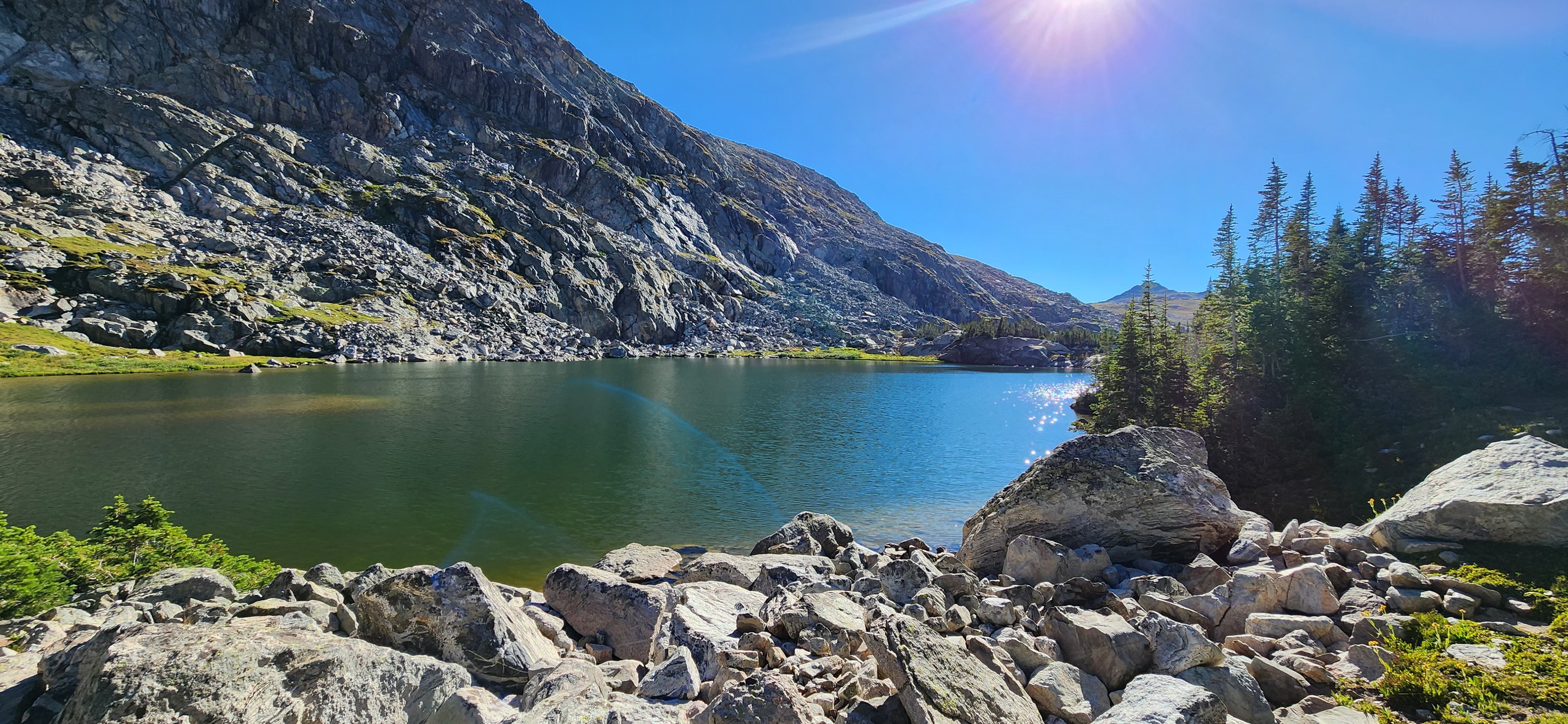
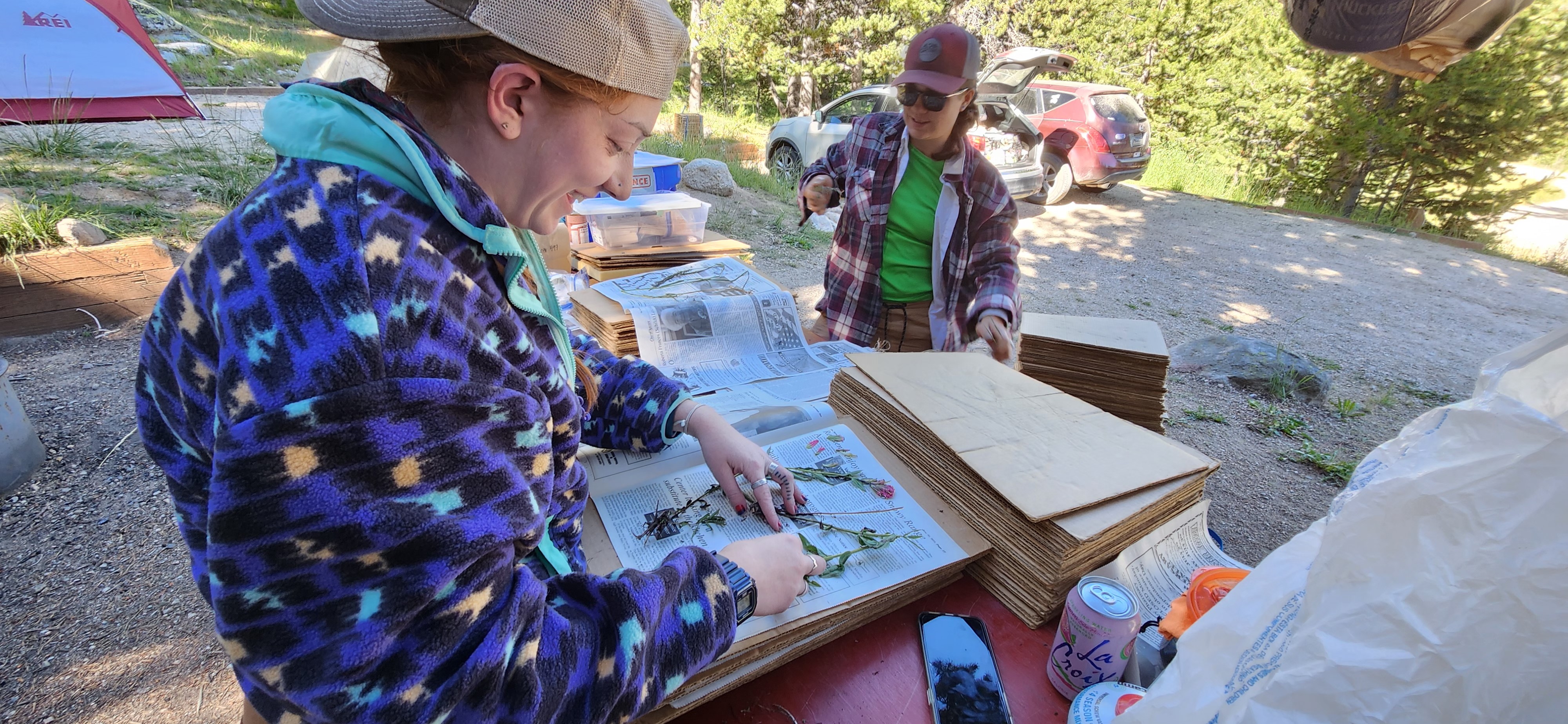
How has this experience changed your values or identity?
"Going on a backpacking trip had been a long-term goal. I grew up camping, fishing, bird hunting, and appreciating nature. When my Dad got sick, we were not able to go out and do things as frequently. I eventually got busy with life and got to go camping maybe once a year. Still, every time I spend any amount of time in nature, particularly in the mountains, I feel a calm that doesn’t come anywhere else. Being able to spend almost the entirety of this summer outside with extended amounts of time in the Big Horn Mountains, achieving my backpacking goal and bringing me back to a place where I realize I feel truly at home. I learned not only of the world around me, I learned of myself. Where I’m comfortable, what I value. Where I need to be to and do to find peace."
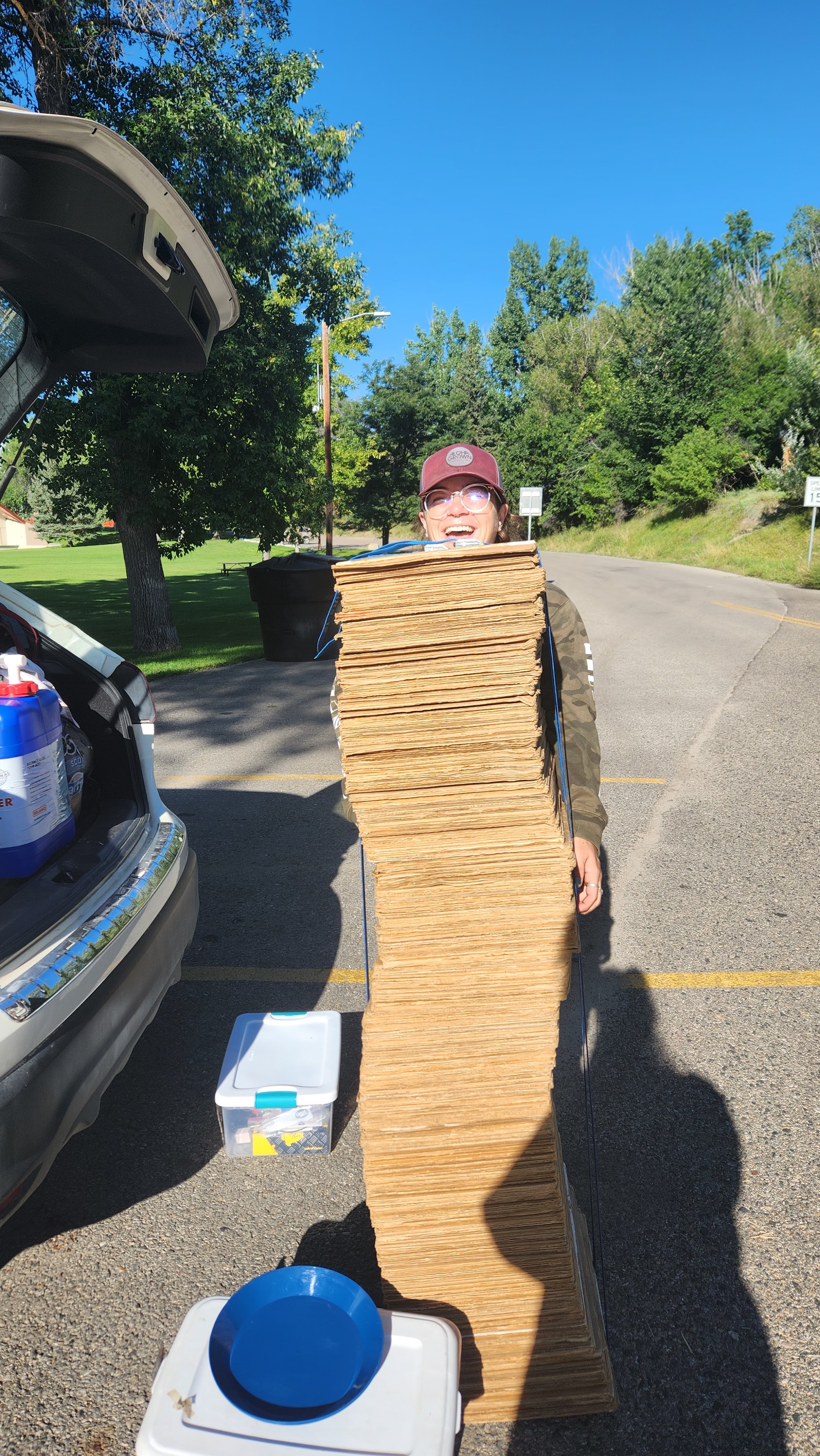
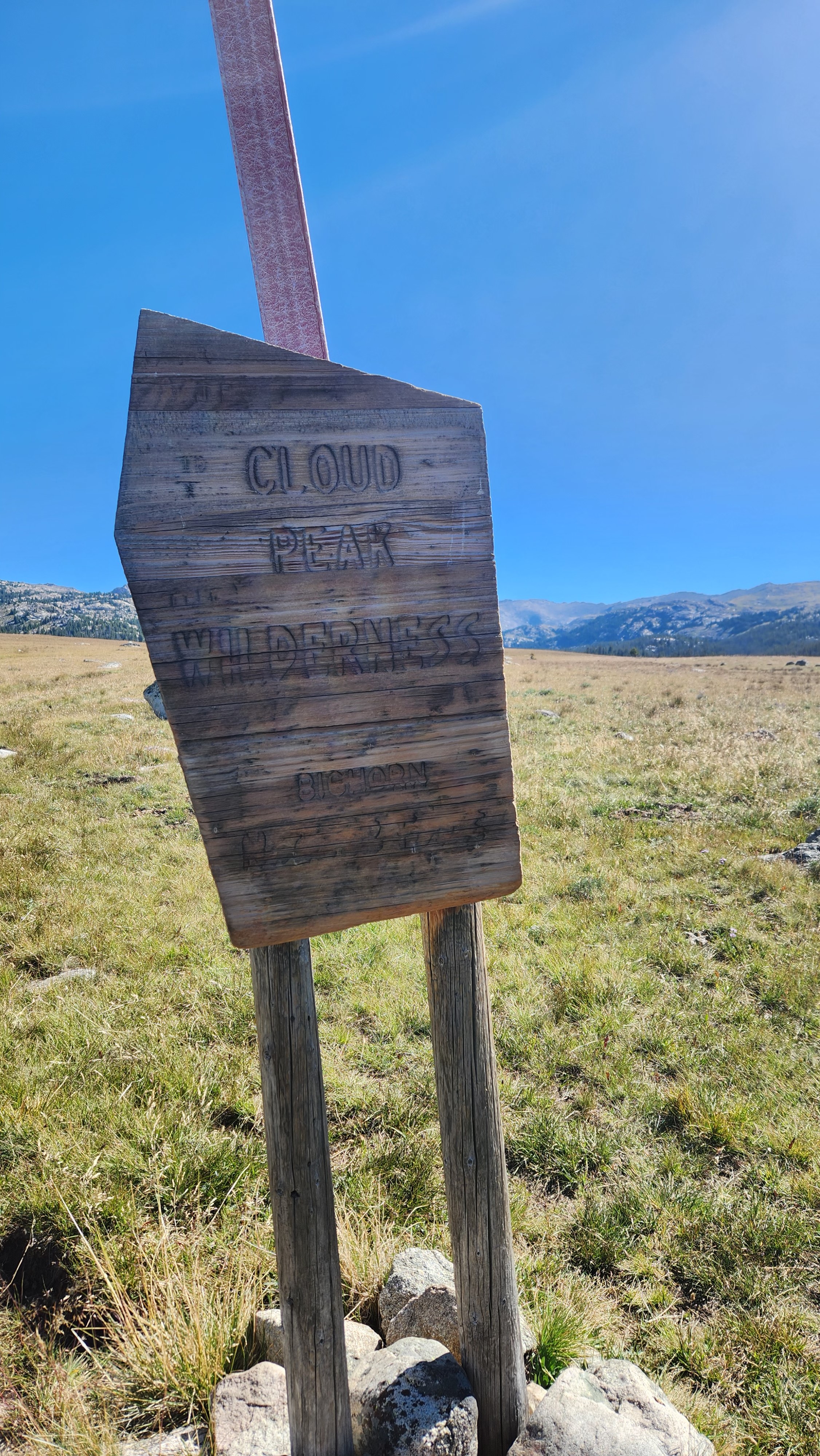
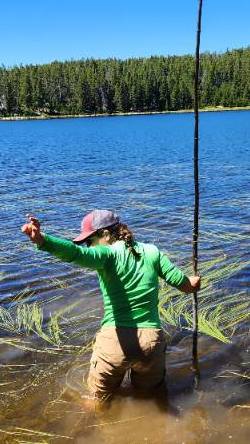
Chelsea-Victoria Turner’s story has been edited for grammar and clarity. All media credit goes to Turner.

